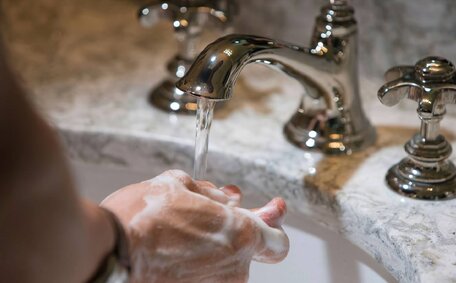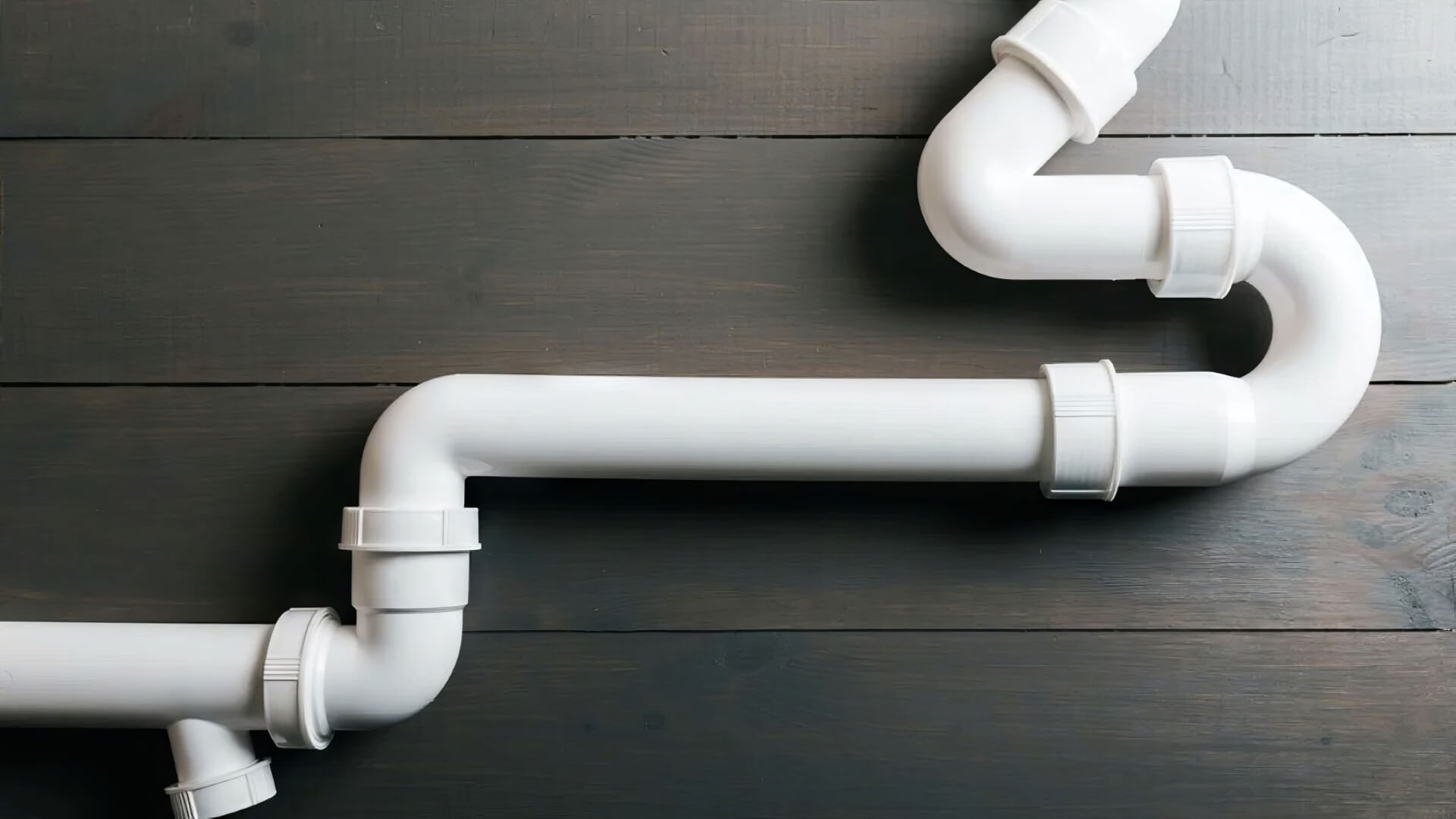How Climate and Temperature Impact Hot Water System Performance
The climate and outside temperatures where your hot water system is located can significantly impact its efficiency. In colder regions with frequent sub-zero temperatures, hot water systems require more energy to offset significant heat loss from their components.
Effective insulation of water heaters is crucial for reduced energy consumption, with systems in colder climates benefiting from thicker insulation to curb standby heat losses. Solar hot water systems thrive in sunny locales, harnessing ample solar energy to heat water efficiently.
With proper insulation, electric and heat pump water heaters tend to outperform solar and gas models in colder climates.
Understanding the predominantly mild Sydney climate aids in correctly sizing and selecting the most suitable and efficient hot water system for your home in Lalor Park. In milder climates, it’s easier to maintain optimal water temperatures with less heat loss, leading to significant household savings over time. Considering climate change, well-sized systems that provide both water and space heating can lead to enduring savings on energy bills.
Heat Losses in Hot Water Systems
There are several ways that heat can be lost from hot water systems, negatively impacting energy efficiency:
- Pipe heat losses - Hot water pipes that aren’t properly insulated can lose a significant amount of heat. This results in higher energy usage, as the system exerts more effort to keep the water at the desired temperature.
- Tank standby losses - An insulated tank still experiences gradual heat leakage over time, with larger tanks incurring greater standby losses.
- Cycling losses - Cycling losses occur as the burner or heating element regularly activates to sustain temperature, losing a small amount of heat each time.
Insulating the storage tank is vital to reducing standby heat losses and boosting overall system efficiency. Modern electric systems feature advanced insulation and control mechanisms, reducing heat loss during pipe transit and cycling. Continuous flow water heaters are another innovative option, obviating the need for storage tanks and entirely avoiding their associated heat losses.
Selecting a system that is appropriately scaled to your household’s needs can maximize efficiency, prevent water overheating, and ensure top-notch insulation, key factors in energy savings for water heating over time.
Efficiency Differences Between Gas, Electric, Heat Pump and Solar Hot Water Systems
Various types of hot water systems commonly used in Australian homes differ notably in efficiency:
- Gas hot water systems can achieve 60-85% efficiency, as they directly transfer heat from natural gas to the water. Condensing varieties further harness this heat, rather than expelling it, to attain superior efficiency, all while keeping running costs low.
- Solar hot water - Solar thermal systems are efficient, akin to a pv system, as they utilise free and renewable energy from the sun. Their efficiency hinges on the intensity of sunlight and the type of backup heating implemented.
- Heat pump hot water extract over 500% more energy from an excellent energy source than electric systems, making them extremely efficient.
Environmental factors, particularly in cold climates, lead to increased energy consumption due to greater heat losses, making a balance between efficiency in electricity and gas use crucial.
Understanding Sydney’s climate helps correctly size and select the optimal systems for homes in Lalor Park.
Heat pump and solar water systems that harness ambient air heat are often the most efficient in New South Wales’ moderate climate, contributing to low greenhouse gas emissions. They make use of renewable solar energy and air sourced heat for water heating.
Comparison of Installation and Operational Costs
Examining the monetary aspects of hot water systems reveals that installation and running costs can influence the money your household spends significantly. Each system offers unique benefits and can change the way you manage your energy expenses.
- Gas systems: With installation costs averaging around $800 to $1,500, they’re a moderately priced option. Gas hot water systems typically cost $200 to $400 per year to operate depending on energy prices and usage. Condensing gas systems, while achieving greater efficiency than standard models, are generally more expensive.
- Electric systems: Basic electric systems can range from $500 to $1,000 for installation and have similar annual running costs to gas systems depending on local electricity rates. Heat pump system models, on the other hand, come with higher installation costs ($3,000 to $5,000) due to their advanced technology.
- Solar hot water: Installation costs for solar hot water systems begin at around $3,000 and can reach up to $8,000, including the solar collector and storage tank, with the potential to realise long-term financial savings. With minimal operating costs after the initial investment, the potential for long-term cost savings is considerable.
When considering energy efficiency, it’s important to gauge how pump systems can more effectively manage costs over their lifetime. While more efficient systems, such as heat pump electric or solar, come with higher installation costs, their lower operating costs can offset the initial investment over time.
A solar hot water system might require 7 to 10 years to recover the installation cost, but can also lead to savings of up to 60 to 80% on energy bills compared to electric or gas systems.
In Australia, this translates to potential savings of $400 to $600 per year. In the long-term, judicious investment in high-efficiency hot water systems can be a smart way to save money on your energy needs as well as diminish your carbon footprint.
Key Features That Enhance Efficiency
There are several key features of modern hot water systems that can enhance efficiency and reduce operating costs:
- Advanced controls - Digital thermostats precisely control water temperature while minimising energy waste from overheating.
- Pump water technology - Heat pumps extract over 500% more energy from electricity compared to conventional electric pump water heater models.
- Built-in timers - Permit schedules aligned with water usage patterns, avoiding unnecessary heating.
- Improved insulation - Better insulation, especially on pipes and storage tanks, prevents standby heat losses.
- Solar compatibility - Systems compatible with multiple solar thermal collectors optimise the use of free and renewable solar energy.
- Condensing heat capture - Condensing gas systems reuse waste heat from flue gases for added efficiency.
- On-demand heating - Tankless systems heat water only when needed, eliminating storage tank heat losses.
Prioritising energy-saving features when selecting a hot water system results in lower operating costs. Lalor Park residents can achieve maximum efficiency with advanced heat pump electric and solar systems, reducing both energy bills and environmental impact.
Sizing Considerations for Efficiency
Choosing the right sized water system can be crucial for efficiency. Oversized models can escalate purchase costs and result in heat losses due to the constant reheating of a significant amount hot water. Undersized heaters struggle to meet hot water demand, running inefficiently for longer periods.
For optimal efficiency, choose a hot water system that matches your household’s typical usage, catering to various daily water consumption needs. Thorough usage assessments are conducted, considering factors such as:
- Number of occupants
- Bathing and sink usage frequency
- Peak demand times
- Clothes washing needs
- Dishwashing machine requirements
Professional sizing ensures your new system operates efficiently, avoiding excess heating and meeting your water demands effectively. Correctly sized heat pump electric and solar hot water systems maximise savings on energy bills for Lalor Park homes through optimal efficiency.
Maintenance Best Practices
Regular maintenance is essential for maintaining peak efficiency of hot water systems throughout their lifespan. Lalor Park plumbers recommend following these best practises:
- Drain and flush the hot water heater annually to prevent sediment buildup which hampers heat transfer and energy efficiency.
- Inspect and replace anode rods if depleted every 2-3 years in tank systems. This prevents corrosion damage.
- Check heating elements and thermostats, replacing faulty parts to maintain proper water heating.
- Clean solar collectors and maximise exposure to the sun to harness renewable solar energy.
- Descale heat exchangers in heat pumps to allow efficient heat transfer from the heat air and water sources.
- Service gas systems to sustain clean burner operation for carbon monoxide safety and efficiency.
In hard water areas like Sydney, Annual flushing and descaling are essential in preventing mineral scale buildup, ensuring efficient heat transfer and energy savings. Maintaining your system extends service life while enabling you to save money on your energy bills optimally.
Rebates and Incentives for Efficient Upgrades
There are great incentives and rebates available when upgrading to more energy efficient hot water systems in Sydney homes. Taking advantage assists with offsetting higher installation prices of advanced systems like heat pumps and solar hot water.
The NSW government extends generous rebates up to $1,000 for the installation of specific low carbon emission water heating systems, including heat pump solar options, through the Home Energy Savings Scheme (HESS). Eligible systems include:
- Electric heat pump
- Solar hot water pre-heaters
- Gas condensing
An additional federal renewable energy incentive is also available when installing solar or heat pump hot water systems. The certified Lalor Park plumbing experts at our family-owned business can guide you through maximising rebates and savings when upgrading older electric, non-condensing gas or conventional solar water heaters.
Switching to highly efficient systems like heat pumps using renewable electricity or solar thermal collectors harnessing free sunshine can trim the average household’s energy bill by up to $400 per year. With Australian and New Zealand incentives designed to reduce your initial purchase costs, the environmental and financial benefits clearly shine through.
Our knowledgeable team happily provides obligation-free consultations to determine which modern system and installation incentives best fit your household’s needs. Investing in an energy efficient hot water upgrade reduces costs and environmental impact for Lalor Park residents through available rebates.






